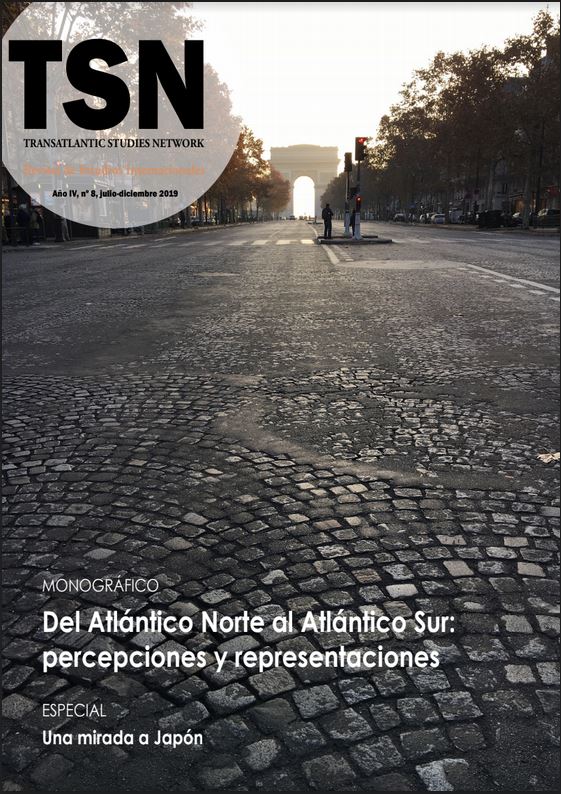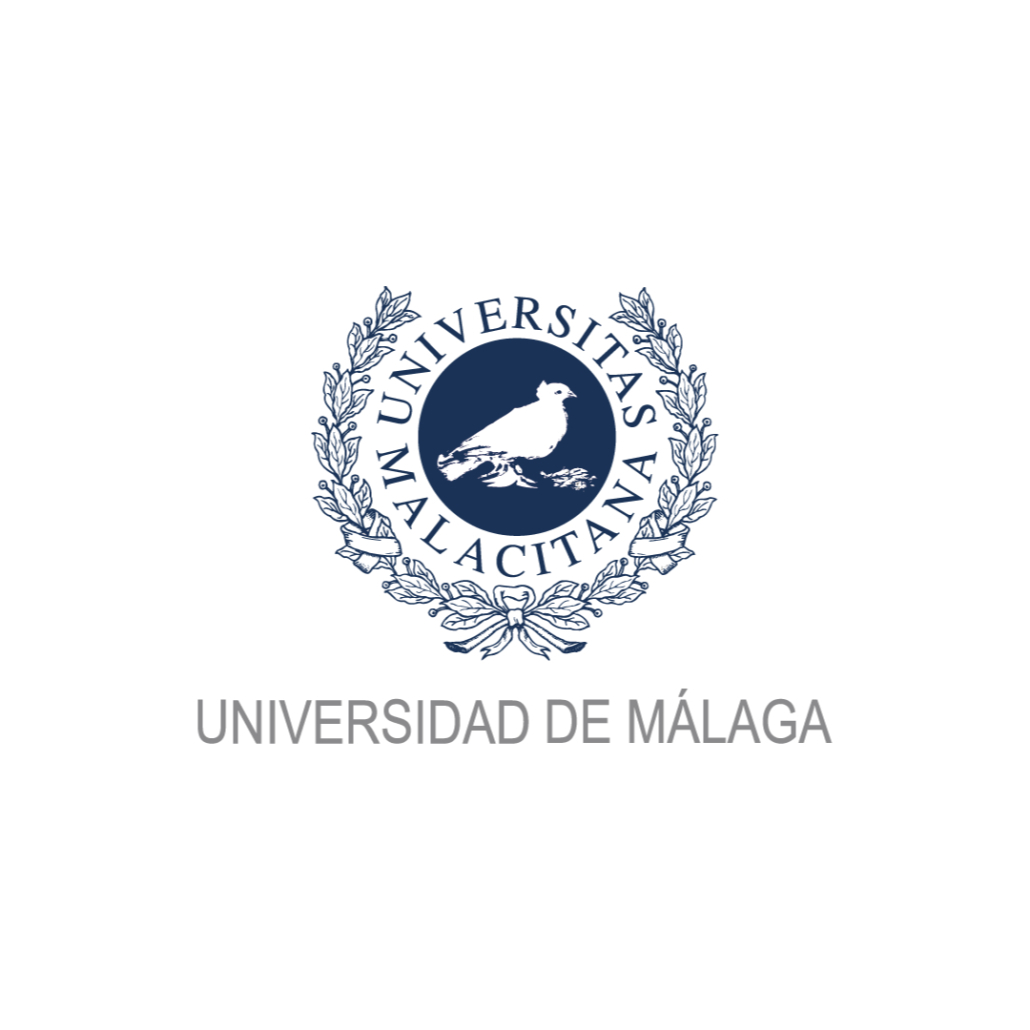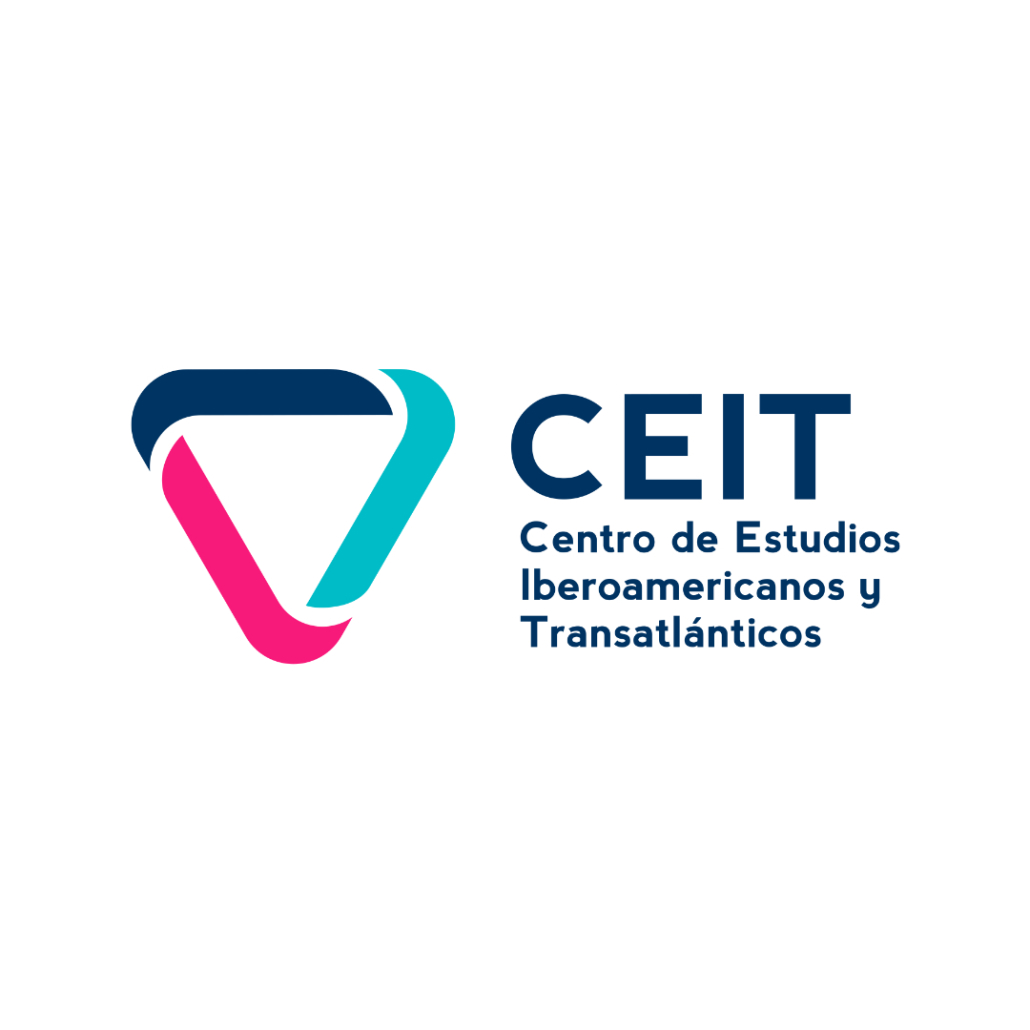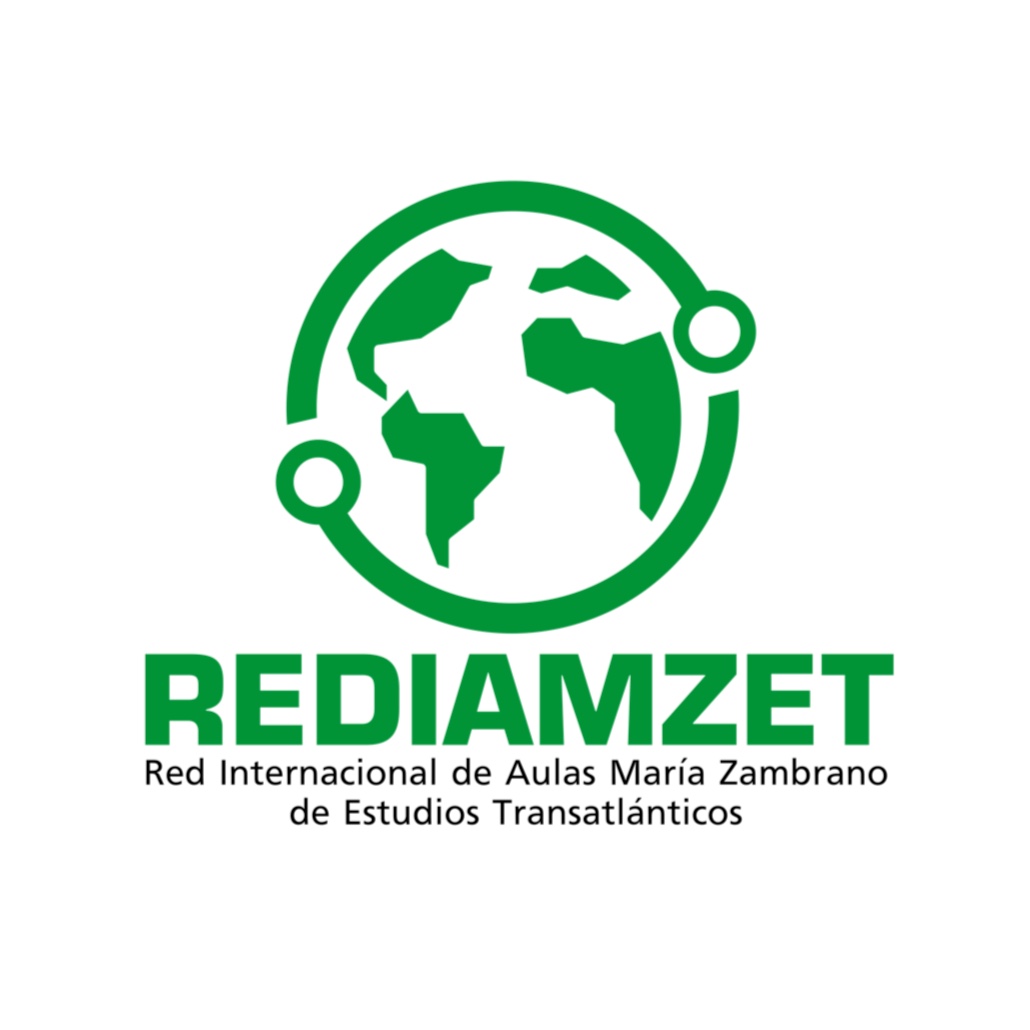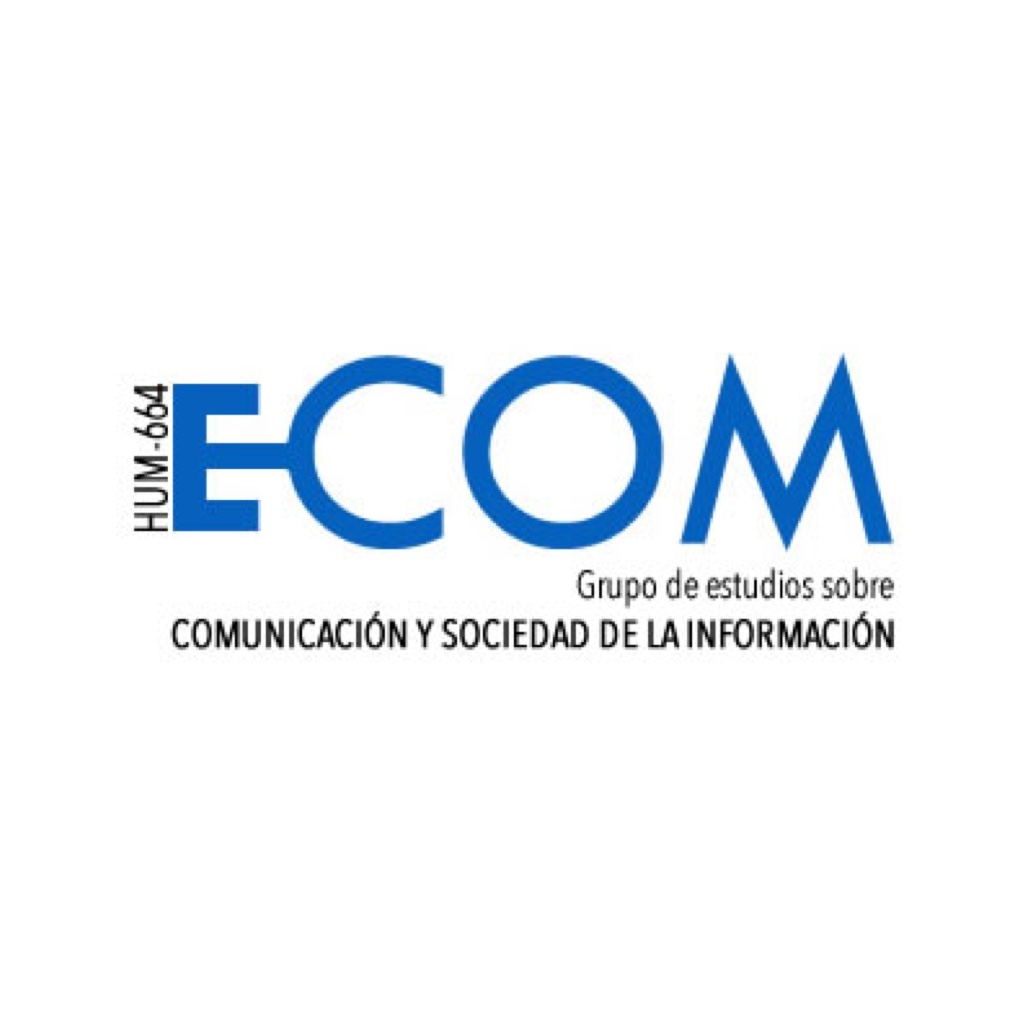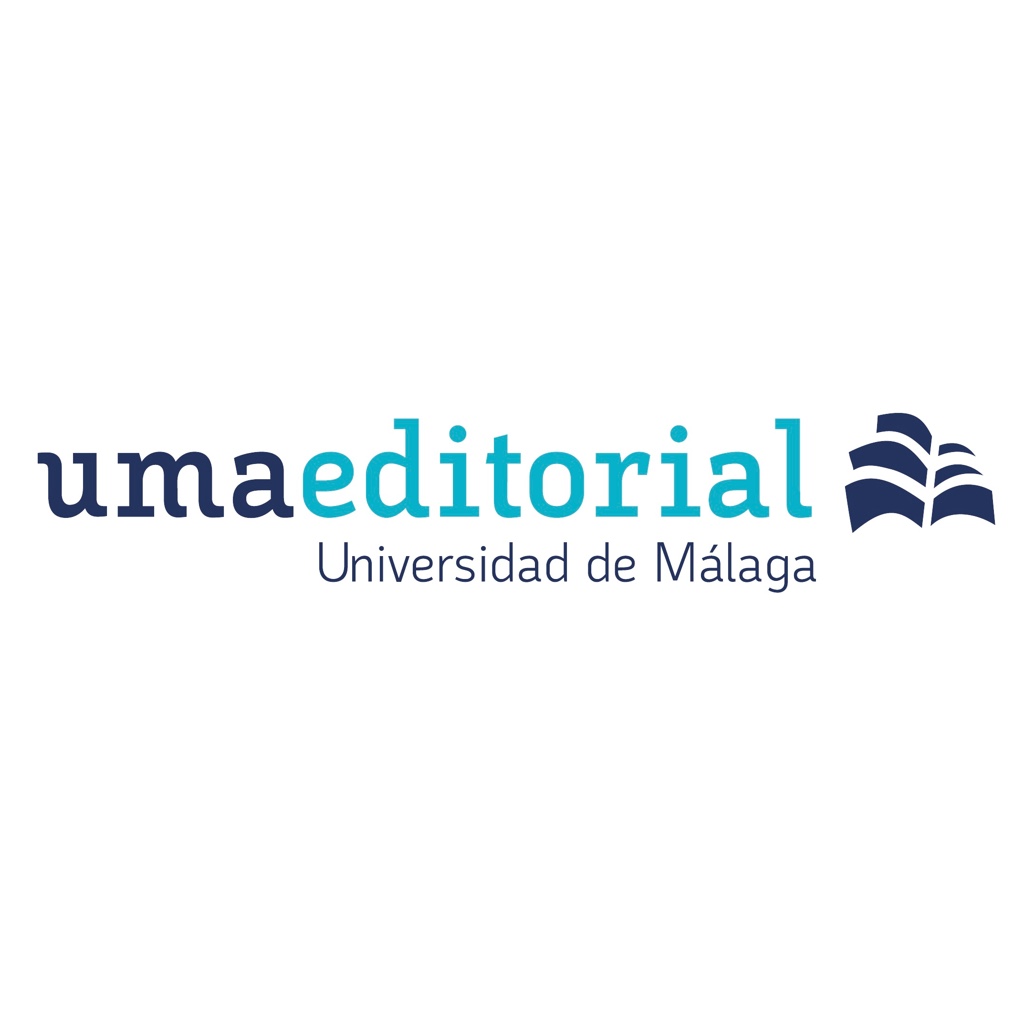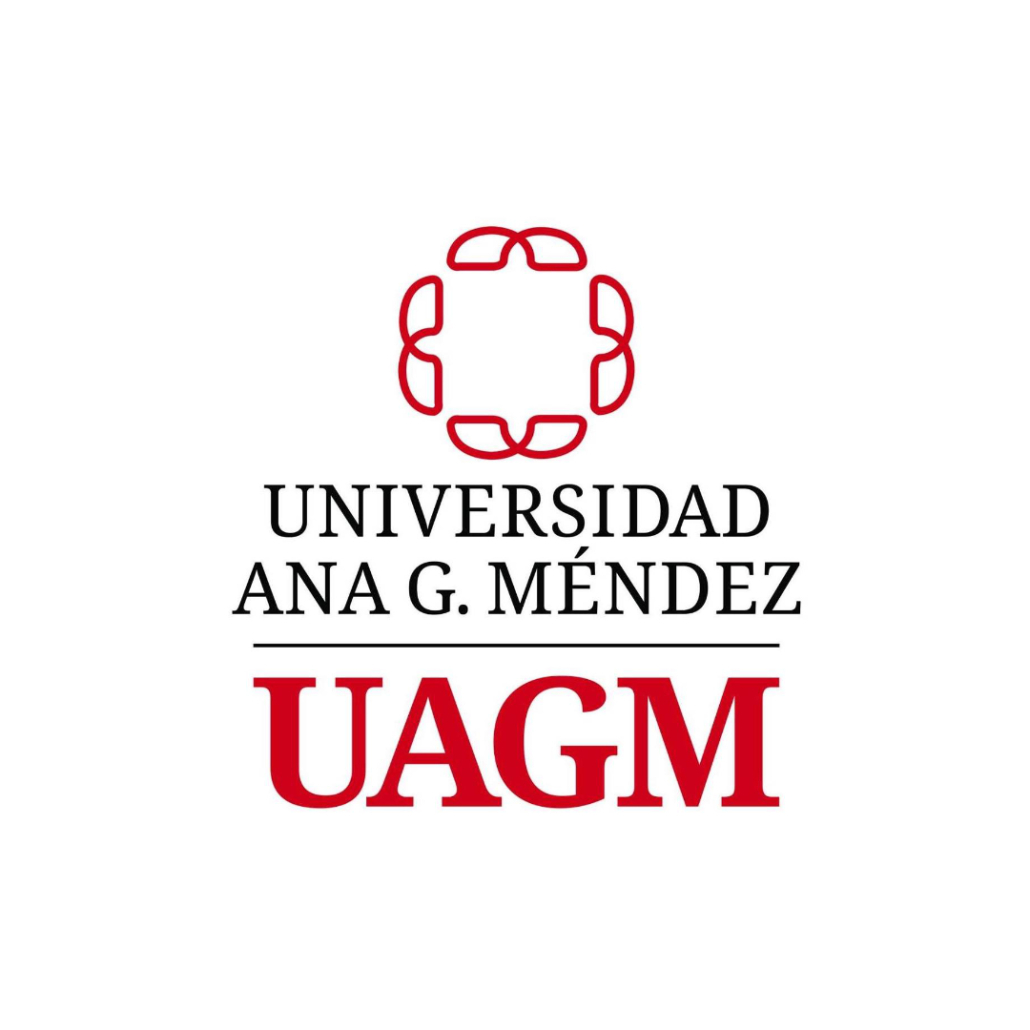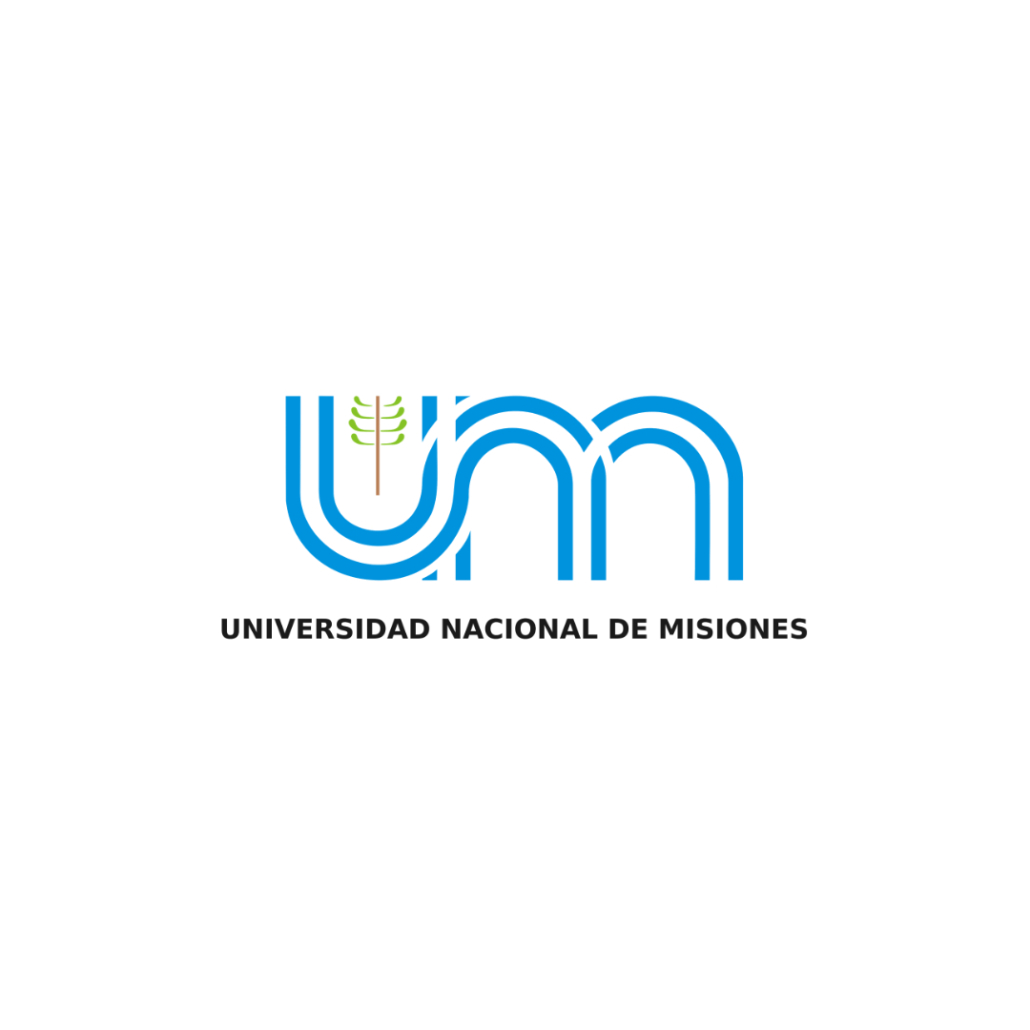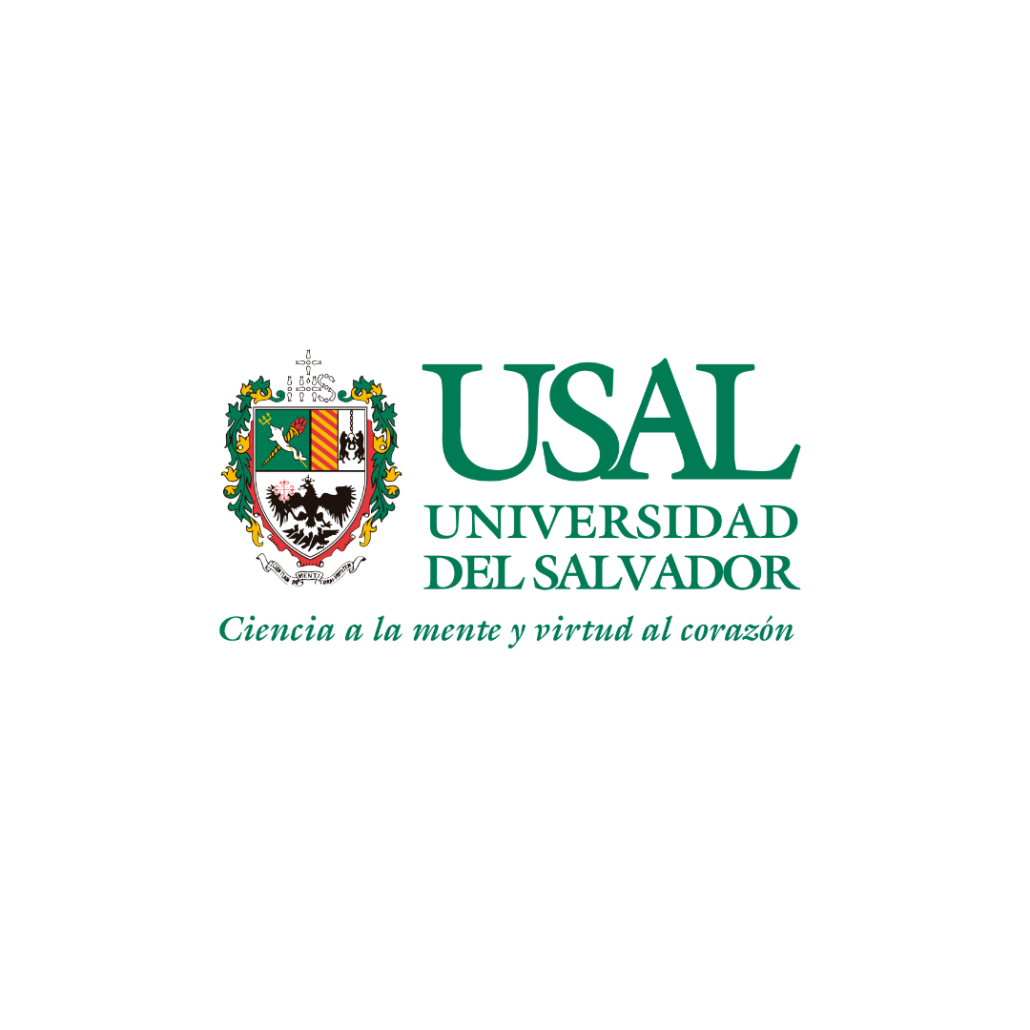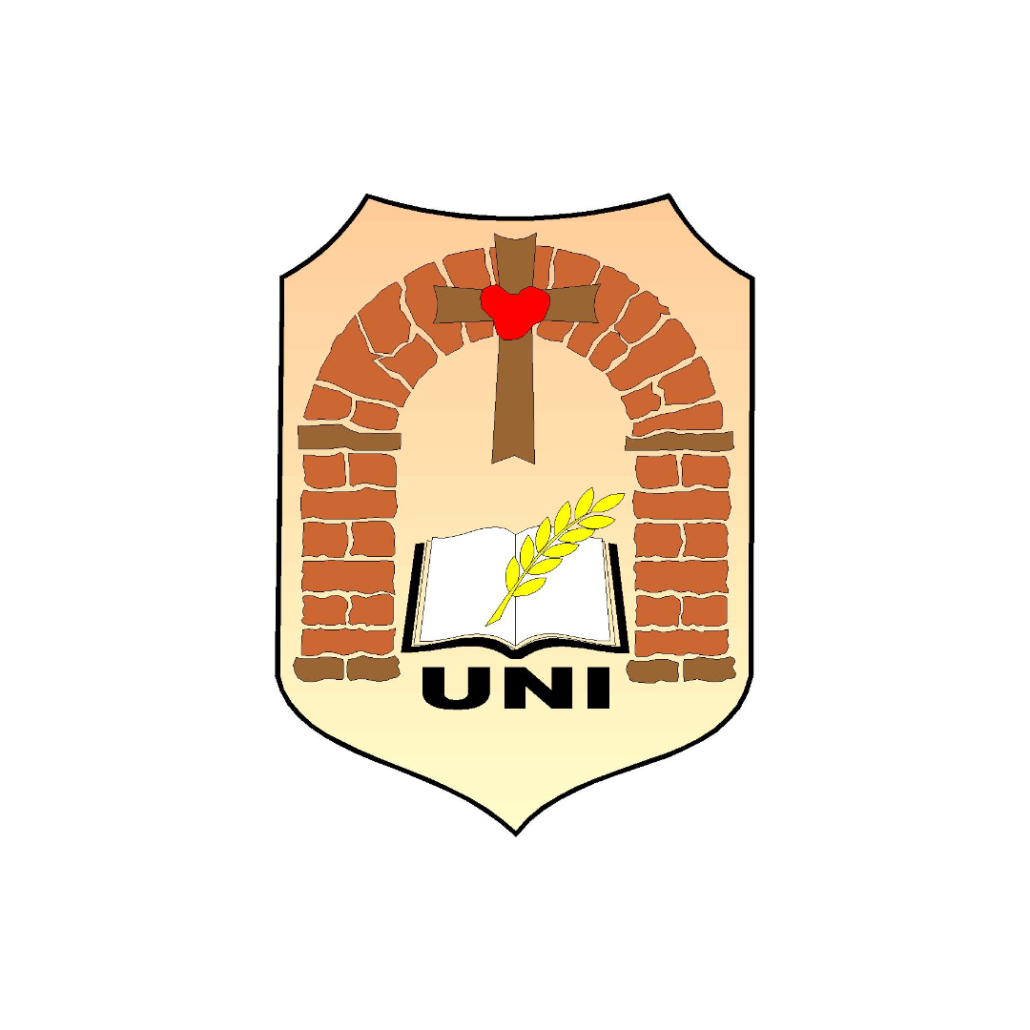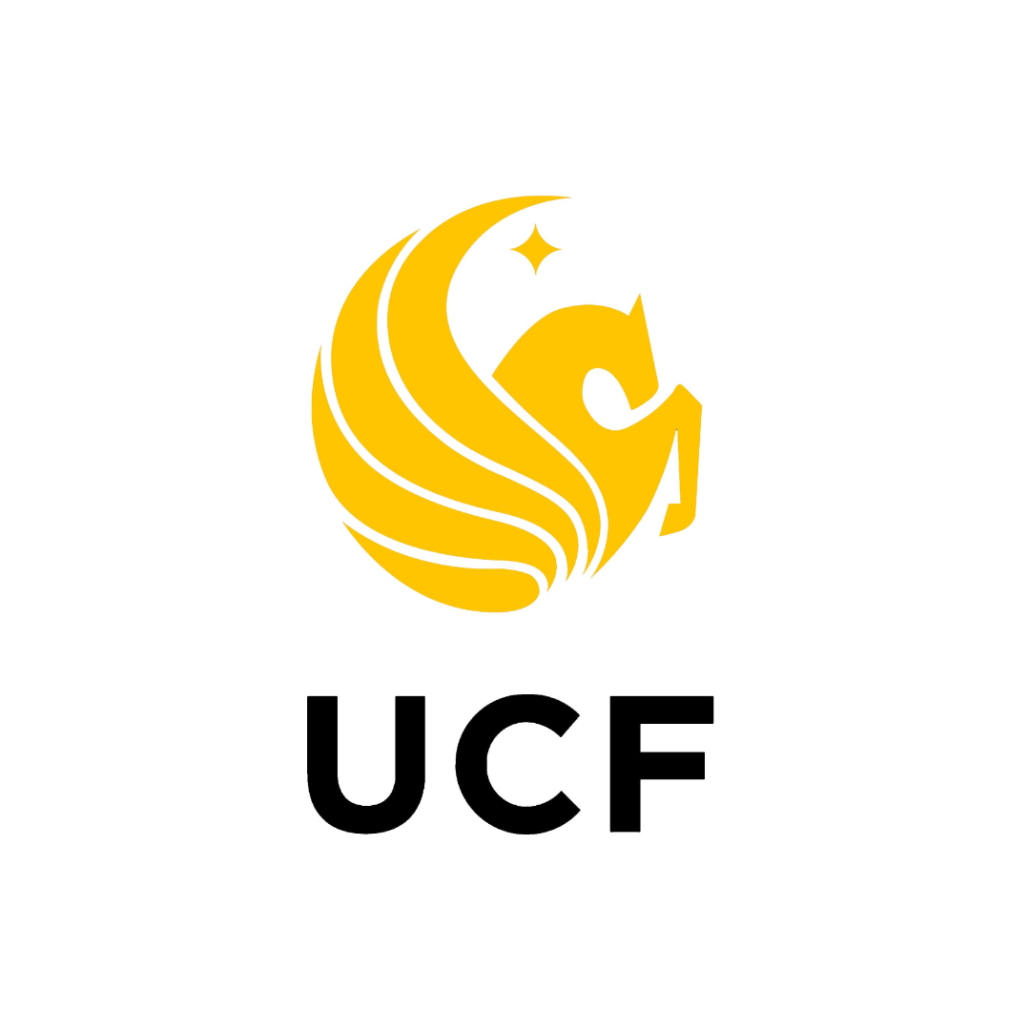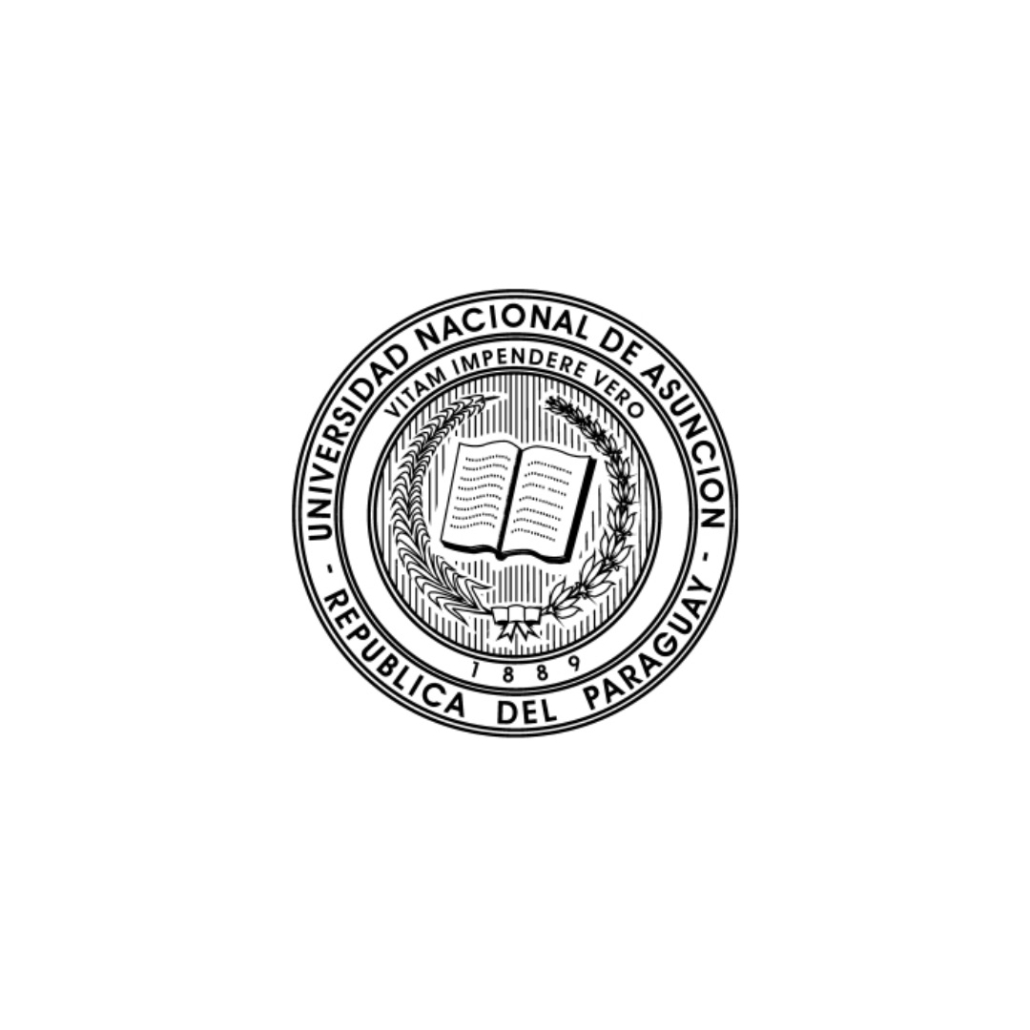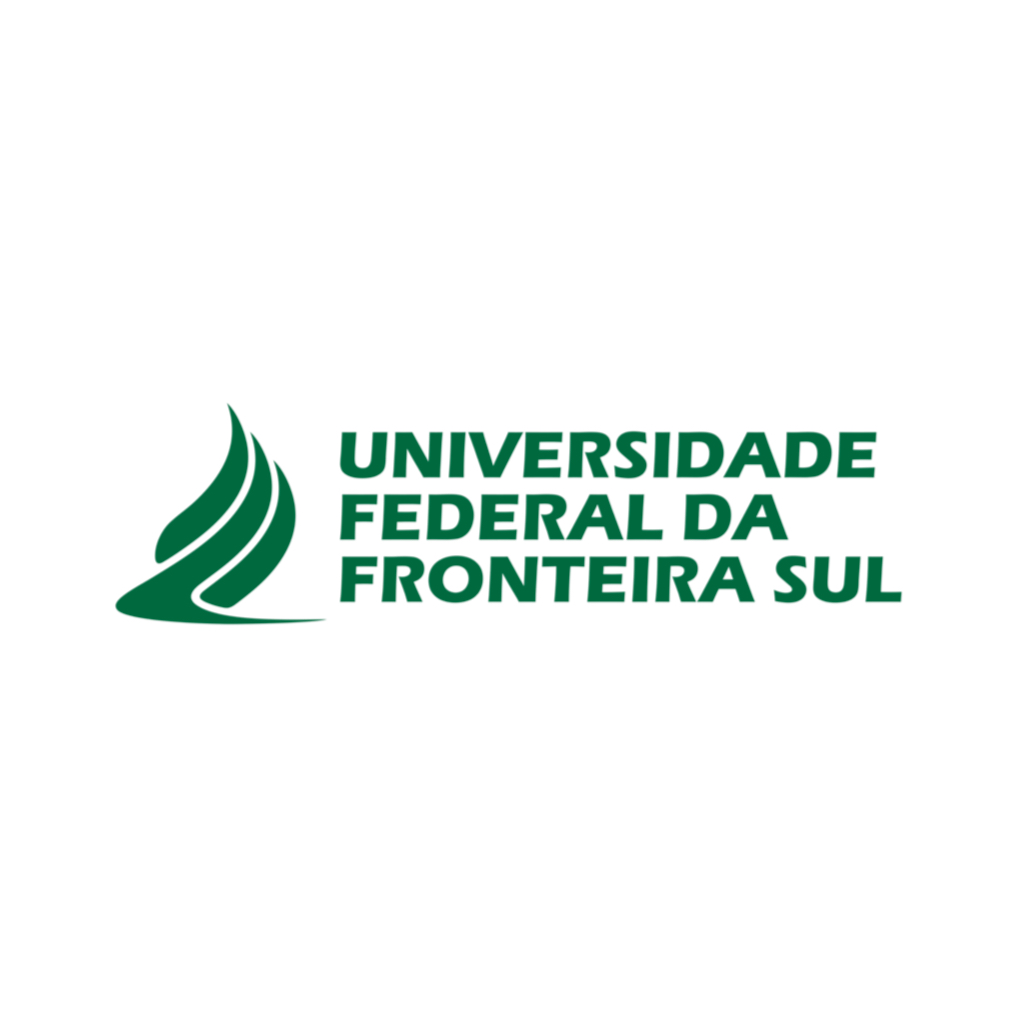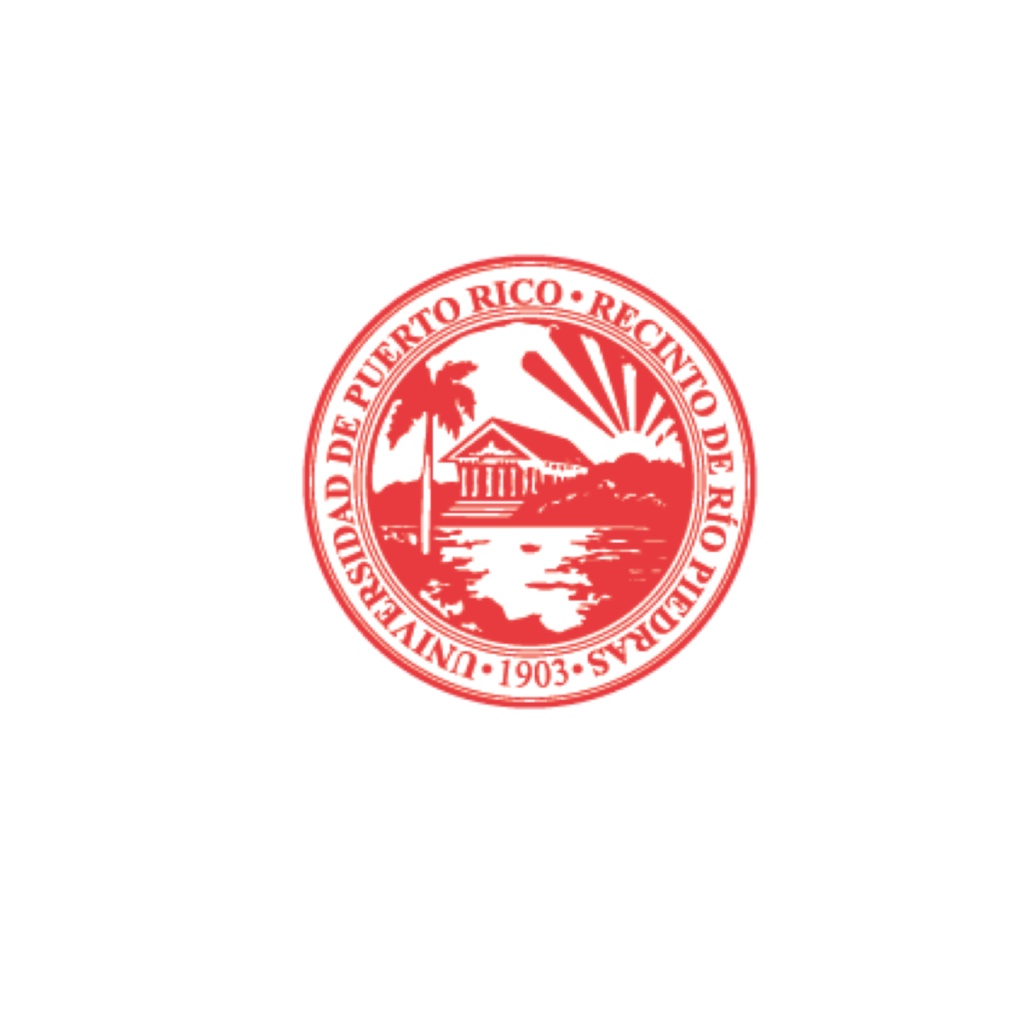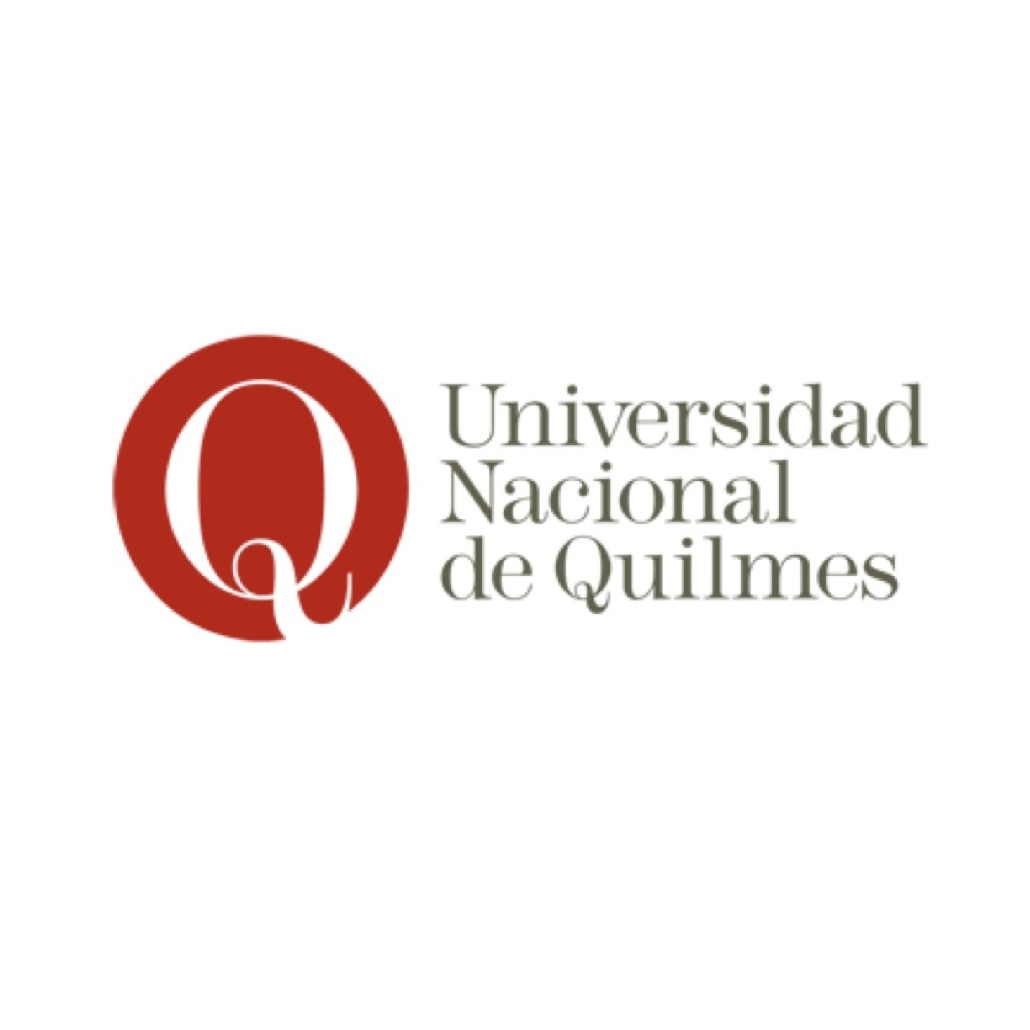The Lack of Representation of Ecuadorian Migrants in the Today’s Spanish Novel
Keywords:
Spanish contemporary novel, migration, working, class, Ecuador, crisisAbstract
This paper aims to analyze the invisibility of Ecuadorian migrants in the contemporary Spanish novel. In order to do so, as an introduction, it addresses the economic crisis that hit Ecuadorian society in 1999, which generated the greatest migration flow of the recent history in Ecuador. Even though Spain became one of the main countries of destination for these migrants (it roughly reached 500.000 Ecuadorians), the Spanish literature hardly ever depicted their personal lives and collective tragedies. So as to explain this erasure, the paper firstly explores the general invisibility of the working class in the Spanish contemporary novel and the displacement
of political and social conflicts through other issues acceptable by the dominant ideology. Secondly, it studies the failure of the Spanish society as a recipient culture and its inability to integrate migrants as a political subject, as well as the necessity of migrants to build locality outside of the recipient society when the integration process has failed. These circumstances make the necessary dialogue and encounter between cultures impossible, a meeting that could have produced a type of literature that described the complex difficulties of the migrant subject, further than the neutralized narratives that compose our corpus. Thirdly, the paper examines how migrants have felt the need to look for other channels of expression that pursue horizontality and allow them to make themselves heard, specially since literature appears as a vertical and colonial device that neutralizes the political potential implied in telling one’s own story.
Downloads
Metrics
References
Acosta, A. (2015): «El aporte de las remesas para la economía ecuatoriana», en Expert Group Meeting on In- ternational Migration and Development in Latin America and the Caribbean, pp. 1-29.
Aramburu, F. (2016): Patria. Barcelona: Tusquets.
Arboleda, Marta Lucía (2016). «Trabajando como interna he aprendido que las familias más ricas no son las más felices», en El País, 3 de diciembre. Disponible en Internet: http://verne.elpais.com/verne/2016/12/02/ articulo/1480642322_015605.html (consultado el 12
de mayo de 2017).
Becerra Mayor, D. (2013): La novela de la no-ideología. Madrid: Tierradenadie.
—(2015). «Conversación con Abdón Ubidia. Un paseo por los territorios de la literatura ecuatoriana: cuando el canto se convierte en llanto», en Crónica Popular. Disponible en Internet: http://www.cronicapopular.es/2015/06/conversacion-con-abdon-ubidia-un- paseo-por-los-territorios-de-la-literatura-ecuatoriana- cuando-el-canto-se-convierte-en-llanto/ (consultado el 7 de febrero de 2017).
Beverley, J. (1993): Against Literature. University of Minnesota Press.
Brah, A. (2001): «Re-framing Europe: gendered racisms, ethnicities and nationalisms in contemporary western Europe», en Janet Fink, Gail Lewis y John Clarke (eds.): Rethinking European Welfare. Transformations of Europe and Social Policy, pp. 207-231. The Open University.
Cañada, E. (2015): Las que limpian los hoteles, historias ocultas de la precariedad laboral. Barcelona: Icaria.
Correa, R. (2014): Ecuador: de Banana Republic a la No
República. Bogotá: Random House Mondadori, 2009.
De la Torre Arauz, P. (2014): «Rafael Correa: constructor del Estado», en Jorge Sánchez Núñez (coord.): Ecuador. Revolución ciudadana y buen vivir, pp. 53-101.
Barcelona: Yulca.
Eddé, D. (2017): Edward Said, le roman de sa pensée. París: La Fabrique.
Epps, B.; Valens, K.; y Johnson Gonzalez, B. (2005): Passing
Lines. Sexuality and Immigration. Harvard University.
Federici, S. (2013): Revolución en punto cero. Trabajo doméstico, reproducción y luchas feministas. Madrid: Traficantes de Sueños.
González, J. (2017): «Correa se acercó a migrantes en España e Italia», en El Comercio, 30 de enero. Disponible en Internet: http://www.elcomercio.com/actualidad/ rafaelcorrea-migrantes-espana-italia-viaje.html (consulta- do el 7 de febrero de 2017).
Gopegui, B. (2007): El padre de Blancanieves. Barcelona: Anagrama.
Goytisolo, J., y Naïr, S. (2001): El peaje de la vida. Integración de la emigración en España. Madrid: Santillana.
Guedán, M., y Plaza, C. (2008): Autorretrato del Ecuador. Universidad de Alcalá de Henares.
Harnecker, M. (2011): Ecuador. Una nueva izquierda en busca de la vida en plenitud. Barcelona: El Viejo Topo.
Hochschild, A. R. (2003): La mercantilización de la vida íntima. Buenos Aires: Katz.
Kunz, M. (2002): «La inmigración en la literatura española contemporánea. Un panorama crítico», en Andres-Suárez, I., et al. (eds.): La inmigración en la literatura española contemporánea, pp. 109-136. Madrid: Verbum.
Larrea, C. (2003): Pobreza, dolarización y crisis en Ecuador. Quito: Abya Yala.
Las que nos fuimos (2014). Embajada de Ecuador en España. Película.
Lindo, E. (2005): Una palabra tuya. Barcelona: Seix-Barral.
Mainer, J. C., y Julià, S. (2000): El aprendizaje de la libertad. La cultura de la Transición. Madrid: Alianza Editorial
Martínez, G. (2012): CT o la Cultura de la Transición. Madrid: Debate.
Mesa, S. (2015): Cicatriz. Barcelona: Anagrama.
Núñez Sánchez, J. (2014): «Ecuador: de la gran crisis a la revolución ciudadana, 1999-2014», en Jorge Sánchez Núñez (coord.): Ecuador. Revolución ciudadana y buen vivir, pp. 13-52. Barcelona: Yulca.
Orihuela, A. (2018): «El traje nuevo del emperador. Endogamia, nepotismo, clientelismo, ídolos y mitos en la trastienda de la poesía española contemporánea», en Alberto García-Teresa (ed.): El verso por asalto. Poesía, desobediencia y construcción antagonista. Madrid: Tierradenadie Ediciones.
Ovejero, J. (2007): Nunca pasa nada. Madrid: Alfaguara.
Pardo, C. (2014): El viaje a pie de Johann Sebastian. Cáceres: Periférica.
Prometeo deportado (2010). Dirigida por Fernando Mieles. Película.
Romero, E. (2016): En mar abierto. Oviedo: Cambalache.
Rosa, I. (2015): «Y pese a todo, necesitamos más novelas sobre la Guerra Civil», en Becerra Mayor, D.: La Guerra Civil como moda literaria, pp. 9-14. Madrid: Clave
Intelectual.
Said, E. W. (2000): «Albert Camus, ou l’inconscient colonial», en Le Monde Diplomatique, noviembre, 560, pp. 8-9. Disponible en https://www.monde-diplomatique.fr/2000/11/SAID/2555 (consultado el 12 de mayo de 2017).
Sánchez Arcos, C. (2015): «Los que llegan. Apuntes sobre la migración de poblaciones ecuatorianas hacia España», en Congreso Moviéndonos. Una aproximación a las migraciones humanas, 12 de noviembre. Museo de Antropología de Madrid.
Solé, C. (2011): Inmigración y ciudadanía. Barcelona: Anthropos.
Sorel, A. (2000): Las voces del Estrecho. Buenos Aires: Muchnik Editores.
Terrasa, R. (2014): «¿Merece España la pena?», en El Mundo, 10 de julio. Disponible en Internet: https://www. elmundo.es/comunidad-valenciana/2014/07/09/53b 9227122601df21c8b4574.html (consultado el 4 de marzo de 2017).
Vega-Durán, R. (2016): Emigrant Dreams, Immigrant Borders. Migrants, Transnational Encounters, and Identity in Spain. Bucknell University Press.
VV. AA. (2015): La población de origen ecuatoriano en España. Características, necesidades y expectativas en tiempos de crisis. Madrid: Embajada de Ecuador en España.
Wolfe, R. (2001): El invento. Málaga: Cuadernos de Trinacria.
Žižek, S. (1997): «Multiculturalism or the Cultural Logic of Multinational Capitalism», en New Left Review, 225, pp. 28-51.
Zovko, M. (2009): «La imagen del inmigrante en la novela española actual», en Otras modernidades, 2, pp. 163-172.
Downloads
Published
How to Cite
Issue
Section
License
Copyright (c) 2024 TSN. Transatlantic Studies Network

This work is licensed under a Creative Commons Attribution-NonCommercial-ShareAlike 4.0 International License.

